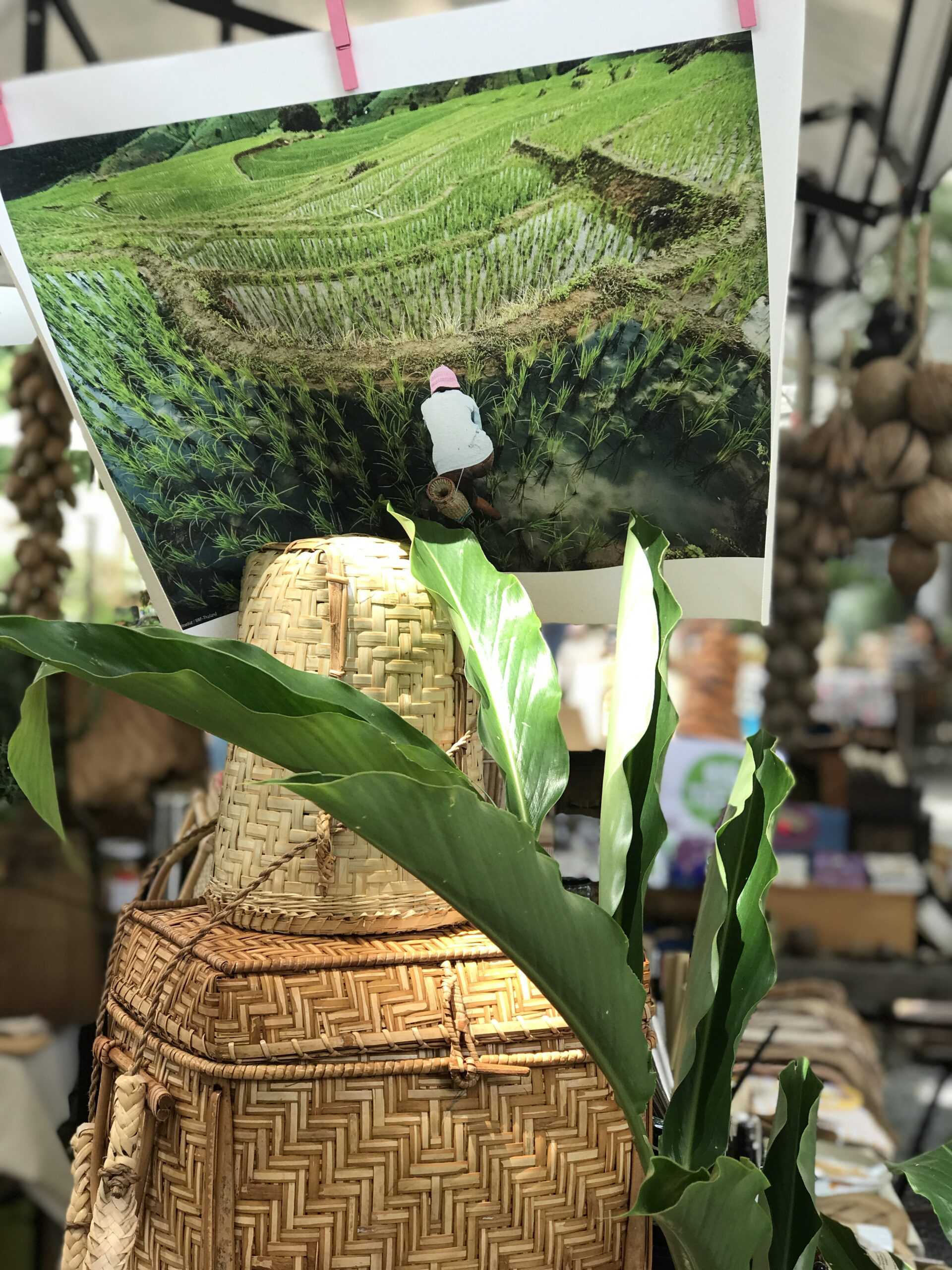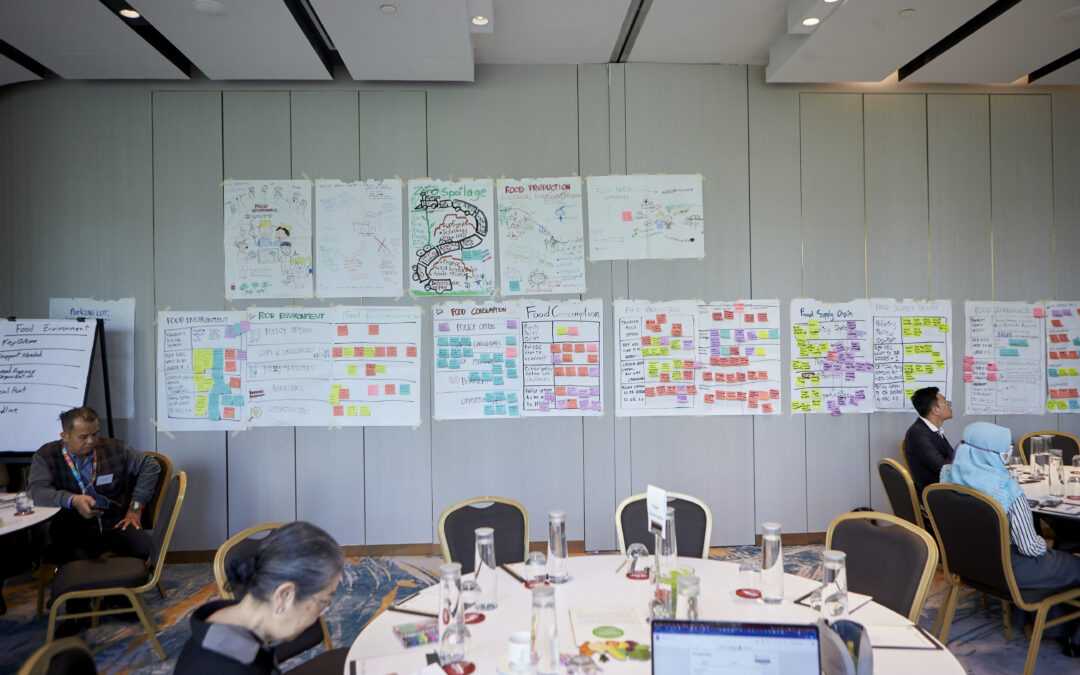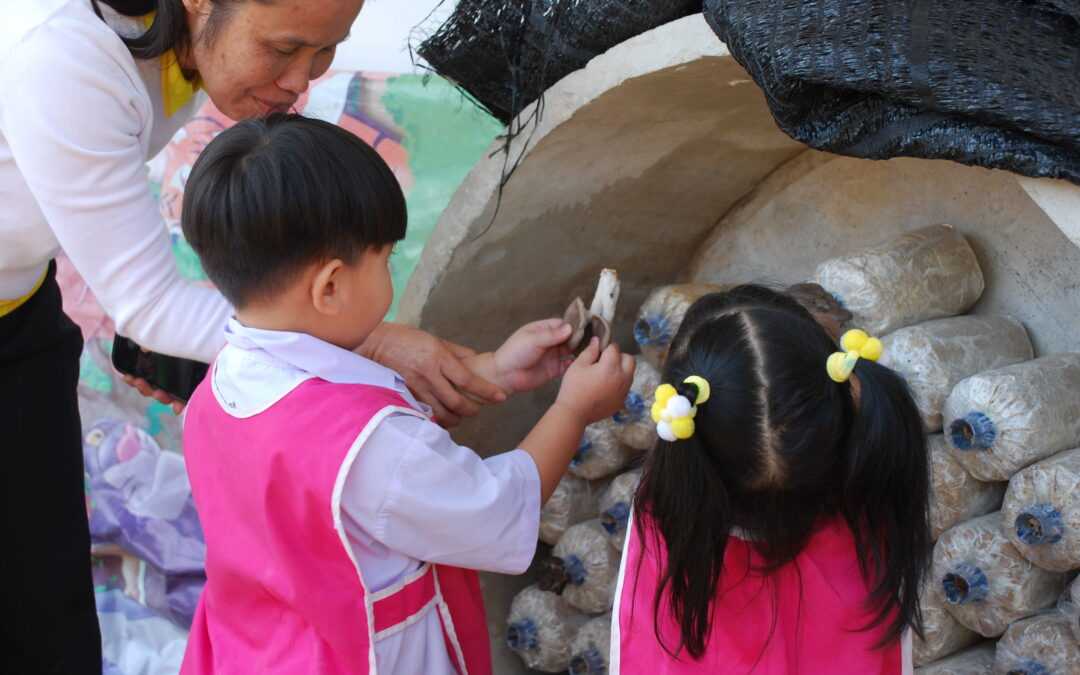The bigger picture: WWF’s role in driving SCP
The last few decades have been a time of dynamic changes across the world, with millions of people lifted out of poverty and a number of countries reaching middle income status.
However, these achievements and changes have come at a significant cost to the environment. Increasing demand for energy, food, water and other resources has resulted in resource depletion, pollution, environmental degradation and climate change, pushing the earth towards its environmental limits.
With humans now consuming more resources than ever before, the current patterns of development across the world are not sustainable.
One of the key elements for achieving sustainable development is the transition towards Sustainable Consumption and Production (SCP). In the long term, SCP can contribute to poverty alleviation and the transition towards a low carbon, green economy. This is essential for achieving a just development for all, including improving the lives of the world’s poorest people who depend on the natural resources provided by their environment.

© WWF Food Practice
Why the Global South?
Home to some of the most populous and rapidly developing regions in the world, this is where Future Food Together has the greatest potential to make a significant and sustained impact on reducing global greenhouse gas emissions and building more efficient food systems that better serve our communities.
WWF Food Practice
WWF’s Food Practice works to convene stakeholders from across the food system and integrate decisions that will ensure human and planetary health.
It focuses on three key outcomes by 2030:
- Half of the area used for agriculture and aquaculture is sustainably managed, with no new areas being converted
- Global food waste is halved and post-harvest loss is reduced
- Human and planetary health are aligned to halve the global footprints of diets

© WWF Thailand

Learn more about specific initiatives here:
Project News

Integrating Food Systems into Climate Action: Lessons from Cambodia and Thailand
Both Cambodia and Thailand have recognized the importance of addressing climate change, but the integration of food systems into their NDCs remains a work in progress. Policymakers in both countries have the power to drive transformative change, but they need the right tools and knowledge to do so.

Thai School Lunch Initiative
How can we weave healthy and sustainable diets into everyday school life and get the young ones excited about good, nutritious food?

World Food Day 2024 – The Right to Food
Small impulse, big impact Sometimes all it takes is a small incentive for a big change, says Kim Lape with a smile on his face. He knows well what he's talking about. Just one and a half year ago, the 43-year-old farmer grew vegetables on his farm in the Mondulkiri...
